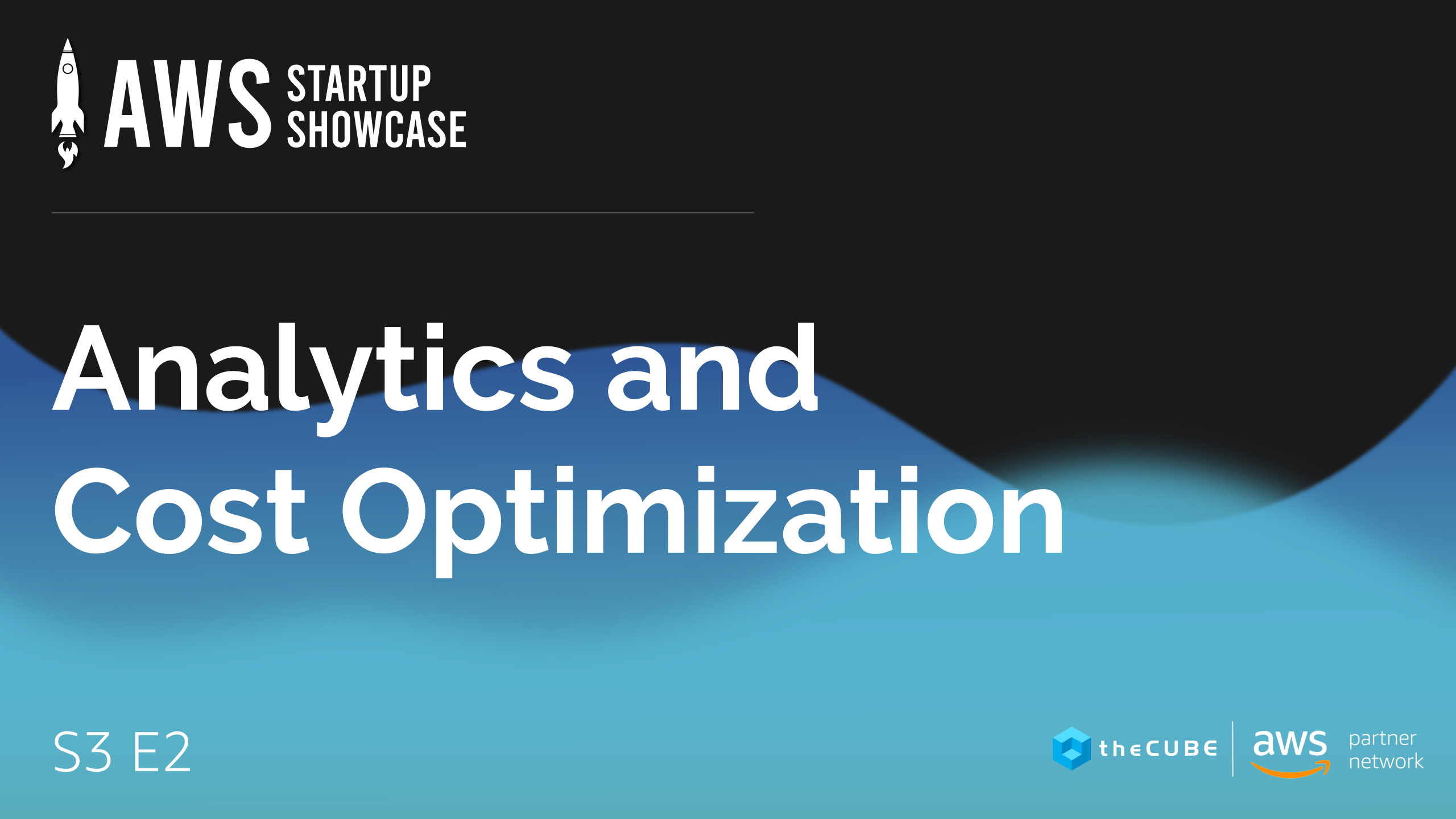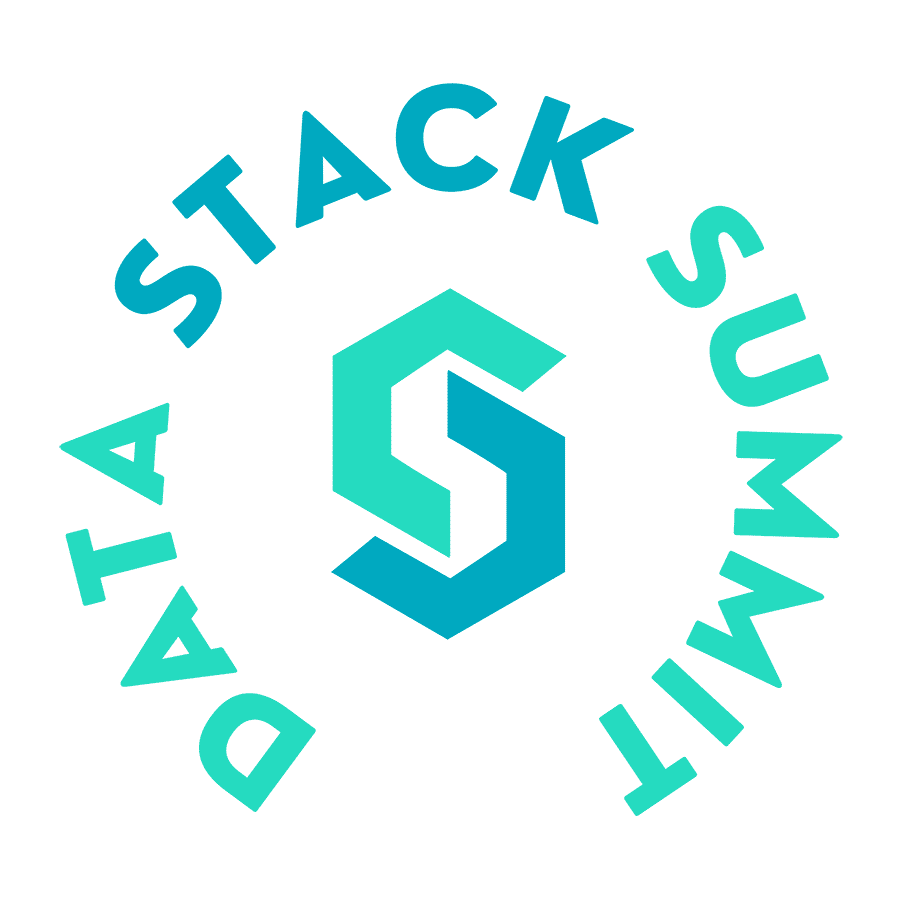Amazon EMR on Amazon EKS Builders Workshop
Amazon (AUS13), 11601 Alterra Parkway, Austin, TX 78758

Kubernetes has emerged as a popular platform to run data workloads due to improved agility, scalability, and portability. It provides a unified environment for managing both stateful and stateless applications, making it easier to run a wide range of data workloads, including frameworks such as Spark and fully-managed big data processing services such as Amazon EMR.
Join Pepperdata at this AWS Builders Workshop on Amazon EMR on EKS Builders Workshop to learn:
- How Kubernetes simplifies infrastructure management
- How Amazon EMR on EKS can reduce cost and optimize performance for big data workloads—with special presentations by Pepperdata and customer Autodesk
- Best Practices for implementing Amazon EMR on EKS inclusive of blueprints for accelerating time to value
Who should attend
This event is for cloud professionals interested in gaining hands-on experience in EMR on EKS with a view to reducing costs and simplifying infrastructure management.
Past Events
KubeCon + CloudNativeCon North America
Chicago, IL, Nov. 6-9, 2023
Pepperdata will showcase it’s battle-tested cloud cost optimization solution—Capacity Optimizer—at a KubeCon booth. Attendees will be able to learn:
- How Pepperdata optimizes cloud resources for both batch and microservices
- How Capacity Optimizer eliminates the need for manual tuning and recommendations
- How Pepperdata can save you between 10-25% in Kubernetes costs
Register for the event to meet with our solutions team in person and watch a live demo.
AWS Startup Showcase:
Analytics and Cost Optimization
June 8, 2023
10 a.m. PST/1 p.m. EST

The Analytics and Cost Optimization Startup Showcase, sponsored by AWS and theCUBE, is hosting eight dynamic startups including Pepperdata to highlight cutting-edge insights from topics such as infrastructure automation and cloud cost optimization.
In an interview from 11:20–11:40 a.m. PST, Pepperdata CEO Ash Munshi will cover:
- Why Cost Optimization has become an imperative in today’s market
- Why manual tuning to achieve Cost Optimization is a losing battle
- How Pepperdata offers the only real-time, automated solution to continuously keep your cloud spend on Amazon EMR and Amazon EKS in its optimal spot
After Ash’s interview, Pepperdata Senior Solution Architect Kirk Lewis will give a brief demonstration of how Capacity Optimizer automatically optimizes resource utilization and cloud costs continuously in real time.
Data Stack Summit:
(Virtual) April 19, 2023
 What is Data Stack Summit?
What is Data Stack Summit?
Finding ways to efficiently conquer the modern data stack can become infinitely more possible when we’re able to gather together collaboratively as a community and discuss the tools and capabilities desired by future-forward organizations.
Hear real-world perspectives from long-time enterprise data visionaries, data engineers, data and cloud architects, DataOps and DevOps practitioners as they talk through topics like the building blocks of the modern data platform, open source considerations, best practices for enterprise data operations, migrations, data observability, and tuning data pipelines for performance at scale.
Past 2022 Events
KubeCon + CloudNativeCon North America, Detroit, MI,
October 24–28, 2022
 The Cloud Native Computing Foundation’s flagship conference gathers top technologists from leading open source and cloud-native communities in a unique hybrid setting to further the education and advancement of cloud native computing.
The Cloud Native Computing Foundation’s flagship conference gathers top technologists from leading open source and cloud-native communities in a unique hybrid setting to further the education and advancement of cloud native computing.
Meet the Pepperdata team at KubeCon 2022 to discuss your Kubernetes performance management, optimization, and cost optimization challenges. Kubernetes monitoring, resource optimization, performance management, and cost optimization are why top big data companies choose Pepperdata.
We look forward to meeting you at Kubecon.
TechEx: Future of Enterprise Technology, Santa Clara, CA
October 5-6, 2022, Booth #115
 The AI & Big Data Expo showcases cutting-edge big data technologies from 250+ speakers sharing their unparalleled industry knowledge and real-life experiences.
The AI & Big Data Expo showcases cutting-edge big data technologies from 250+ speakers sharing their unparalleled industry knowledge and real-life experiences.
Meet the Pepperdata team to discuss your big data performance management, optimization, and cost optimization challenges.
Whether it’s monitoring and observability, resource optimization, performance management, or cost optimization, Pepperdata can probably help you. We look forward to meeting you.
Big Data + AI Summit, San Francisco, San Francisco,
CA, June 27-30
 Big Data + AI Summit invites you to share your expertise and stories with fellow data scientists, data engineers, data analysts and data leaders.
Big Data + AI Summit invites you to share your expertise and stories with fellow data scientists, data engineers, data analysts and data leaders.
Your solutions using the modern data stack are defined by open technologies that help deliver advanced data analytics, build data pipelines, and develop AI applications and machine learning models.
Your experience solving these problems will be extremely valuable to your peers, whether you’re using technologies like Apache SparkTM, Delta Lake and the lakehouse pattern, MLflow, TensorFlow, PyTorch, scikit-learn, BI and SQL analytics, deep learning or machine learning frameworks.
Data Stack Summit (Virtual), June 22, 2022
 Finding ways to efficiently conquer the modern data stack is infinitely more possible when we’re able to gather together collaboratively as a community and discuss the tools and capabilities desired by future-forward organizations.
Finding ways to efficiently conquer the modern data stack is infinitely more possible when we’re able to gather together collaboratively as a community and discuss the tools and capabilities desired by future-forward organizations.
Hear real-world perspectives from long time enterprise data visionaries, data engineers, data and cloud architects, DataOps and DevOps practitioners as they talk through topics like the building blocks of the modern data platform, open-source considerations, best practices for enterprise data operations, migrations, data observability, and tuning data pipelines for performance at scale.
Join Pepperdata, Uber, Meta, T-Mobile, AirBnB, Capital One, and leading data practitioners for a virtual event to discuss Conquering the Modern Data Stack. for talks around:
- Building blocks of the modern data platform
- Building the modern data platform using open source
- Implementing the modern data platform using Kubernetes
- Modern best practices for enterprise operations
- Platform observability
- Migrations to modern data platforms
- Optimizing high-performance big data for future-forward enterprises
- Enterprise Spark deployments
Hybrid CIO, CISO, CDO, AI, ML Dallas, TX, April 28, 2022
 In today’s digital landscape, the role of the IT Executive have become the most dynamic amongst their peers. They are focused on finding the most transformative technologies that enable them to bring value to their enterprise and customers.
In today’s digital landscape, the role of the IT Executive have become the most dynamic amongst their peers. They are focused on finding the most transformative technologies that enable them to bring value to their enterprise and customers.
Adopting an enterprise wide transformation strategy is driven by fundamental shifts in internal and external forces that impact the business and how it operates. Disruptive technologies are being introduced to the market faster than ever and executives must have the ability to align and address the enterprise-wide transformation challenges. These changes will ultimately influence strategic planning, business operations and the overall trajectory of the operating model moving forward. With unceasing demands, technology has become more complex and solution providers more difficult to decipher.
Apex Assembly will unite visionary leaders and industry experts for a day of content and discussion, where we will examine the challenges of 2021 and concentrate on the most pressing issues of 2022 in the information technology sector. These topics form the foundation of the Summit and will be addressed through Panels, Disrupter sessions, and Fireside chats. Hosted in person and using video conferencing technology, Apex Assembly gives executives and service providers the opportunity to engage with like-minded executives and industry leaders both physically and virtually.